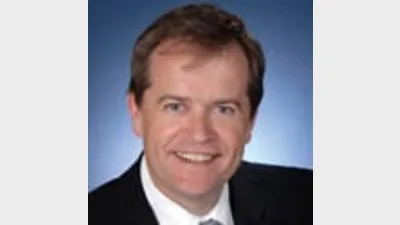Govt expands personal liability of directors



The Government has introduced legislation into parliament that will strengthen the obligations of company directors and ensure superannuation payments are made to employees.
Minister for Financial Services and Superannuation Bill Shorten said the changes would serve to deter fraudulent "phoenix company" activity, which "creates competitive disadvantages for the businesses who do the right thing and means payments of workers' entitlements are often neglected".
Under the new legislation, company directors will be personally liable for their company's failure to pay employees' superannuation guarantee (SG) amounts. Currently, the only tool the Government has to enforce the SG is the Super Guarantee Charge, which has recently been upheld in the High Court.
Secondly, the legislation will grant the Australian Taxation Office (ATO) power to pursue directors whose company is three months behind in its Pay As You Go (PAYG) withholding or SG liability, without issuing a director penalty notice.
Thirdly, if a company has failed to remit PAYG withholding amounts, its directors and their associates will be denied PAYG withholding credits.
According to the ATO, there are about 6,000 phoenix companies in Australia, which means there will be 7,500-9,000 company directors who will have liabilities under the new legislation, Shorten said.
Addressing parliament yesterday, Shorten said:
"This package of amendments will improve the likelihood that employees will receive the superannuation they are entitled to. It will reduce the ability of directors to avoid paying director penalties for their company's superannuation guarantee and PAYG withholding debts. Further, it will increase the disincentives for directors to allow their company to fail to meet its existing obligations."
Recommended for you
The top five licensees are demonstrating a “strong recovery” from losses in the first half of the year, and the gap is narrowing between their respective adviser numbers.
With many advisers preparing to retire or sell up, business advisory firm Business Health believes advisers need to take a proactive approach to informing their clients of succession plans.
Retirement commentators have flagged that almost a third of Australians over 50 are unprepared for the longevity of retirement and are falling behind APAC peers in their preparations and advice engagement.
As private markets continue to garner investor interest, Netwealth’s series of private market reports have revealed how much advisers and wealth managers are allocating, as well as a growing attraction to evergreen funds.











